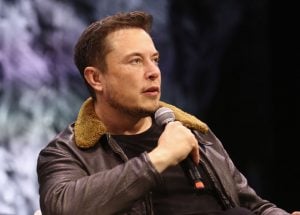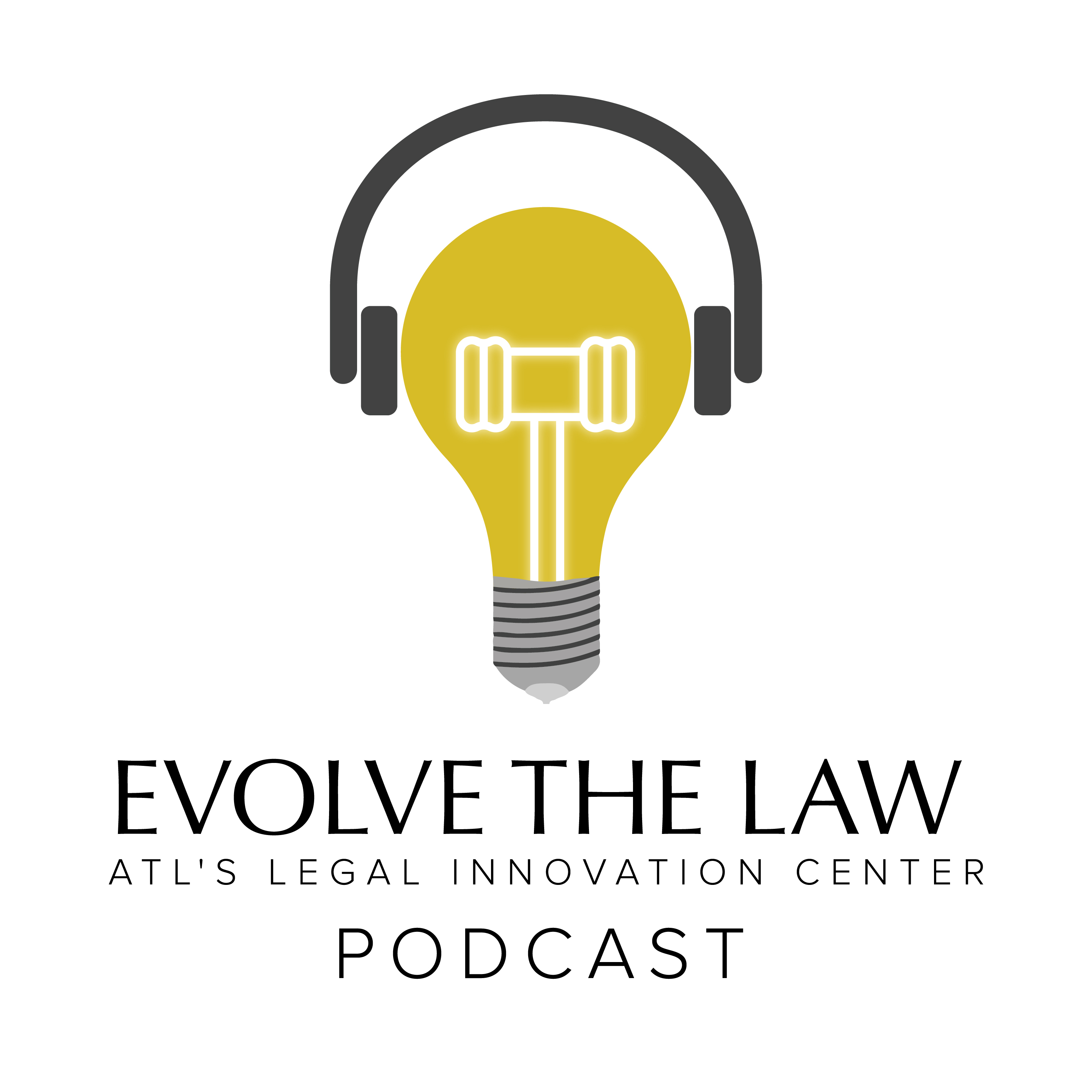
(Photo by Diego Donamaria/Getty Images for SXSW)
The opposition to Twitter’s motion to expedite landed on Friday evening and asks to put off the trial until 2023, ironically to give him more time to prepare for the “complexities” occasioned by his demand for an accelerated “seller friendly” merger that he negotiated overnight while waiving most of his protections.
This isn’t Starfield, people.
Musk’s attorneys make one solid argument that may get them over the hump on this specific motion: Twitter’s claim that an expedited trial is necessary to beat the agreement’s termination clause makes no sense since that date is stayed due to the litigation.
But the filing is also a preview of Musk’s case in chief and it’s… mostly warmed-over whinging about the due diligence he wants despite expressly waiving due diligence in the agreement.
In a May 6 meeting with Twitter executives, Musk was flabbergasted to learn just how meager Twitter’s process was. Human reviewers randomly sampled 100 accounts per day (less than 0.00005% of daily users) and applied unidentified standards to somehow conclude every quarter for nearly three years that fewer than 5% of Twitter users were false or spam. That’s it. No automation, no AI, no machine learning.
Has this guy ever taken a statistics class?
Because we routinely predict everything from elections to the public’s preference for Love Island off random samples of fractions of the population all the time. This is a sample size of 9,000 from a population of around 300 million accounts. Just assume the absolute worst on every quarter’s sampling for years and it’s not coming up with spam numbers substantial enough to constitute a material adverse effect.
Without reading Twitter’s summary of its methodology — which apparently Musk didn’t either! — this sample is giving…

… Maybe 95 percent confidence with a margin of error of 1 percent or so? To get to 99 percent confidence, it’s maybe 1 and a half? That’s not going to be material.
But at least now we know where Musk gets the “100” number that he’s been tweeting about. While this may be functionally the same as Twitter’s claim that they sample 9,000 accounts per quarter, it’s disingenuous to say that Musk wasn’t blasting the number “100” in his tweets to suggest that Twitter only sampled 100 accounts total (which would be around a 10 percent margin of error and which still might not be material but it’s a hell of a lot closer and makes the case much more interesting factually if not legally).
It also goes without saying that you don’t need to drag AI and machine learning into basic statistic sampling just because you’re a doofus who talks in technobabble.
It seems as though Musk thinks that some sort of AI system could get a “real” number by constantly scanning all of the 300+ million accounts. Perhaps. But “the juice isn’t worth the squeeze” as an economic modeling professor once told me. Building out and constantly running this hypothetical system — even if it worked perfectly — doesn’t give the company much more than the sampling does. Maybe they’d KNOW that spam bots really constitute 6 percent instead of 5 percent or something, but is it worth the cost and effort to get more clarity on a figure so immaterial to the company’s bottom line?
Alas, Musk seems to think this is necessary to complete the deal he explicitly agreed to complete without diligence. Twitter handed him “firehose” data for a comparable period so Musk could perform his fakakta machine learning tests on that, but he says that’s not enough.
The Firehose reflects all public Tweets and likes, but only approximately 30% of the accounts Twitter counts in mDAU interact with the platform in these ways.
Only public tweets? So… he doesn’t get to slide into the DM data? Does anyone actually care? Is that where the monetization is? Musk also claims that this data was not the actual firehose, but a “bespoke partial data set”… of 49 tebibytes?
But, again, none of this matters unless you accept the premise that it’s impossible to understand the likelihood of spam bots without checking in on every single account every day, which isn’t how stats work.
The core dispute over false and spam accounts is fundamental to Twitter’s value. It is also extremely fact and expert intensive, requiring substantial time for discovery
No, it doesn’t. Twitter has a sampling methodology that it’s used for years that consistently turns up a number below 5 percent. If Musk had issues with that, well, he shouldn’t have waived his rights to dig into it. As is, the only issue on the table should be “did Twitter perform the tests it claimed to perform in public filings and did those tests turn up these numbers?” That’s not fact or expert intensive. Even the restatements that the company made don’t necessarily make this a “complex” issue.
From the start, he announced his intent to “defeat” the “bots” that plague the platform, degrading the user experience…. Although Musk was aware there were bots, he was unaware that Twitter’s disclosures regarding mDAU were false.
This paragraph encapsulates the Musk conundrum. To make this work, he has to thread the needle of selling the argument that he fully believed bots were an insignificant number all along… and that’s why he publicly swore they were a huge problem that he alone could fix!
Honestly, this circular bot logic is the only complexity to this case. Either Twitter correctly represented the number of bots and Musk had no idea what he was talking about when he signed the agreement — which would defeat his efforts to get out of this deal — or Musk wanted to kill the bots because he knew Twitter was lying when he signed the agreement — which would defeat his efforts to get out of this deal.
Anecdotally, I’ll say I rarely interact with bots on Twitter. But I’m also not the world’s richest man with 100 million followers. I suspect Musk believes the bot problem is bigger than it is because he has a higher profile mega account and he can’t wrap his head around the idea that more bots are targeting him than the Twitterverse writ large. Which, in a way, also comes back to an overall failure to grasp statistics.
By the way, unrelated to the statistics issue, Musk also drops this superficially compelling, but ultimately irrelevant footnote, which functions as a microcosm for everything in this case.
With the sense of humor of a bot, Twitter claims that Musk is damaging the company with tweets like a Chuck Norris meme and a poop emoji. Twitter ignores that Musk is its second largest shareholder with a far greater economic stake than the entire Twitter board.
Yes, as a shareholder, Musk denigrating Twitter would hurt his own bottom line. But driving a $40 stock you already own down to $30 is a lot cheaper than having to spend $54.20 for a lot more $40 shares.
And that’s the whole problem with Musk’s case: it thrives in the realm of the superficial. “Why would he hurt his own investment?” sounds compelling until you realize it’s the cheaper option. “He just needs basic business data” sounds reasonable until you realize he specifically waived that when he was hot to get the deal done fast. There’s no way a Delaware court could order specific performance even if the buyer expressly agreed to it sounds… well, that actually sounds bad for him no matter how you slice it. Unless you’re writing a dubious hot take.
And, yes, sampling .00005 percent sounds bad. Until you run the numbers.
Filing on the next page…
Earlier: Twitter Complaint Demonstrates That Every Lawyer, Everywhere, Always Is Smarter Than Elon Musk
Elon Musk Will Beat Twitter! WSJ Says It’s Obvious… Assuming You Change Every Single Fact And Law.
No Stranger To Paying Support After Screwing Around, Elon Musk Faces Twitter Lawsuit Over Failed Deal
 Joe Patrice is a senior editor at Above the Law and co-host of Thinking Like A Lawyer. Feel free to email any tips, questions, or comments. Follow him on Twitter if you’re interested in law, politics, and a healthy dose of college sports news. Joe also serves as a Managing Director at RPN Executive Search.
Joe Patrice is a senior editor at Above the Law and co-host of Thinking Like A Lawyer. Feel free to email any tips, questions, or comments. Follow him on Twitter if you’re interested in law, politics, and a healthy dose of college sports news. Joe also serves as a Managing Director at RPN Executive Search.







